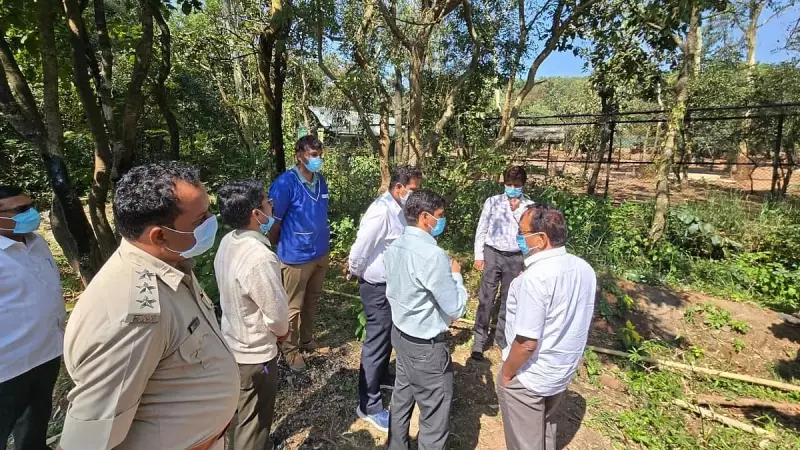
Authorities in Karnataka are investigating serious allegations of negligence by government officials and veterinary doctors following the tragic deaths of several blackbucks at a rehabilitation center. The incident has raised significant concerns about wildlife protection protocols and accountability within the state's forest department.
Investigation Uncovers Disturbing Details
The preliminary investigation report has pointed to gross negligence by Bidar forest officials and veterinary doctors as the primary cause behind the blackbuck fatalities. According to the findings, the animals died due to severe health complications that went unaddressed by responsible authorities.
Forest Minister Eshwar Khandre has taken serious note of the incident and directed immediate action against those found responsible. The minister has specifically ordered disciplinary proceedings against two forest officials who failed in their duties to protect the endangered antelopes.
Accountability Measures Implemented
In response to the investigation findings, the forest department has initiated departmental action against Range Forest Officer Basavaraj Hooli and Forest Guard Shankar Reddy. Both officials have been held accountable for their failure to properly monitor and care for the blackbucks under their supervision.
Additionally, the department has issued a show-cause notice to veterinary doctor Dr. Shrikant Prasad, demanding an explanation for the alleged medical negligence that contributed to the animals' deaths. The veterinary care provided to the blackbucks has come under particular scrutiny, with questions raised about the quality of treatment and monitoring.
Broader Implications for Wildlife Conservation
This incident has highlighted significant gaps in wildlife protection mechanisms in Karnataka. The blackbuck, classified as a Schedule I animal under the Wildlife Protection Act, 1972, enjoys the highest level of legal protection in India. The deaths have therefore triggered serious concerns about the implementation of conservation protocols.
The forest minister has emphasized the need for strict adherence to wildlife protection guidelines and has warned of severe consequences for any lapses in animal care. The department is now reviewing its standard operating procedures for wildlife rehabilitation centers across the state to prevent similar incidents in the future.
Conservationists and wildlife experts have expressed alarm over the incident, noting that such cases of negligence undermine India's wildlife protection efforts. They have called for strengthened monitoring systems and better training for forest officials and veterinary staff handling protected species.
The Karnataka forest department has assured that comprehensive measures will be implemented to ensure such negligence does not recur, with particular focus on improving medical care and monitoring protocols at all wildlife rehabilitation facilities in the state.





